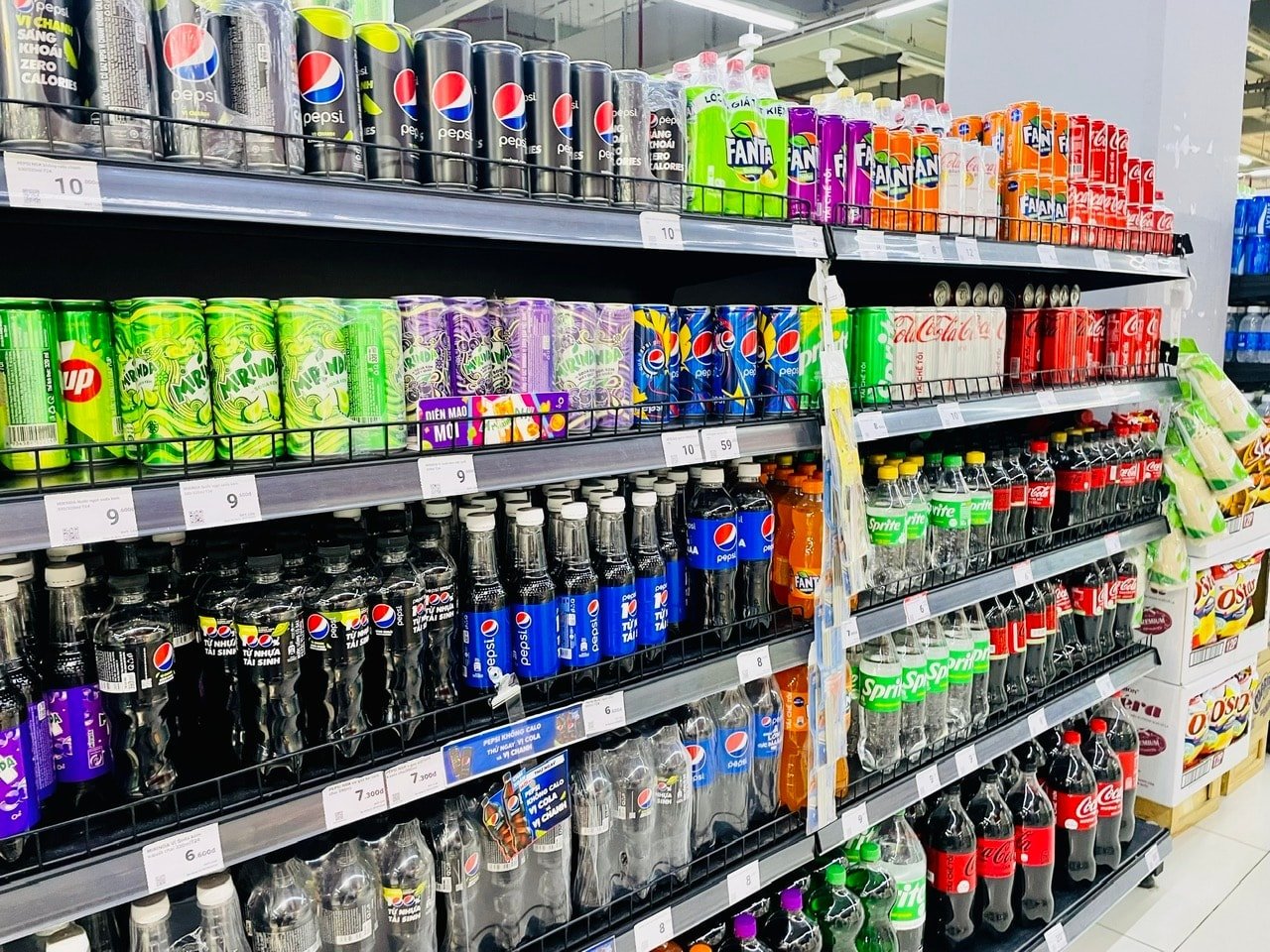
The Ministry of Finance is presiding over the drafting of the Law on Special Consumption Tax (SCT) (amended), which adjusts a number of important contents. One of the contents added in the draft is "expanding the tax base", including the provision "adding sugary soft drinks according to Vietnamese Standards with a sugar content of over 5g/100ml to the subjects subject to SCT". At the same time, the draft proposes to apply a tax rate of 10% because this is a new item.
Dr. Nguyen Minh Thao, Head of the Department of Business Environment and Competitiveness (CIEM), said that the calculation results showed that when applying a 10% special consumption tax on sugary soft drinks, it would have a specific impact on the soft drink industry, causing the production scale of soft drink enterprises to shrink after the tax increase; the added value and production value of the soft drink industry both decreased.
If a 10% special consumption tax rate is applied to soft drinks, the budget revenue from indirect taxes (SCT) in the first year (2026) will increase by about VND 8,507 billion, but the budget revenue from direct taxes will decrease by about VND 2,152 billion. From the following years (ie from 2027 onwards), budget revenue from both indirect and direct taxes will begin to decline at a rate of -0.495%/year, corresponding to an estimated decrease of about VND 4,978 billion/year. This leads to a decrease in added value, a decrease in production value, a decrease in profits; thereby reducing the total budget revenue in the following cycles.
In addition, the report assessed that the application of the special consumption tax policy would not only have a direct impact on the beverage industry, but also have a spillover effect on 25 sectors in the economy and lead to a decrease of about 0.448% of GDP, equivalent to VND 42,570 billion. Therefore, CIEM proposed not to apply special consumption tax on sugary soft drinks.
Sharing the same view, Dr. Can Van Luc, member of the National Financial and Monetary Policy Advisory Council, analyzed that the total special consumption tax accounts for 8.8% of the total state budget revenue. If the increase of 2,400 billion VND from imposing special consumption tax on sugary soft drinks also accounts for a small proportion, just under 2% of the total tax revenue each year. Meanwhile, assuming that the tax will adjust the behavior that causes the consumption of sugary soft drinks to decrease, then the revenue of 2,400 billion VND will certainly not be achieved. Not to mention, to collect the correct and full amount of this tax is also not a simple matter, because tax evasion cannot be ruled out.
In terms of nutrition, according to Associate Professor, Dr. Nguyen Thi Lam, former Deputy Director of the Vietnam Institute of Nutrition, the rate of overweight and obesity in children aged 5-19 in our country has doubled in the period 2010-2020, from 8.5% to 19%. However, this figure is still much lower than the average rate in the ASEAN region of 33.96% (in 2021).
There are many causes of overweight and obesity in children, including: unbalanced diet and nutrition, poor physical activity, genetic factors, socio-economic factors, lack of sleep, malnutrition and stunting in childhood... A survey by the National Institute of Nutrition in the period 2018 - 2021 shows that the foods most frequently consumed by children in both urban and rural areas are cereals - starch (over 97%), vegetables and fruits (over 90%), protein (over 85%), fat (over 65%)...; sugary drinks on the street, sugary drinks and soft drinks account for the lowest percentage, with a maximum of 24.6%.
Therefore, only reducing the consumption of sugary drinks does not solve the problem of overweight, obesity and non-communicable diseases (blood pressure, cardiovascular disease, cancer, diabetes, etc.). To prevent overweight, obesity and non-communicable diseases, it is necessary to increase communication about nutrition and health. Along with that, reasonable use of food sources; diet needs to increase the use of vegetables, fruits, fiber; increase physical activities, etc.
From the business perspective, Mr. Do Thai Vuong, Head of the Beverage Subcommittee of the Vietnam Beer-Alcohol-Beverage Association (VBA), proposed not to add soft drinks according to Vietnamese Standards with sugar content over 5g/100ml to the group of subjects subject to special consumption tax, because in reality there has not been a full and comprehensive study and assessment of the impact of the tax on direct and indirect subjects in terms of socio-economic aspects. This is the consistent opinion of the beverage industry sent to relevant ministries and branches in documents sent to comment on the draft law.
Mr. Do Thai Vuong said that according to statistics from the Food and Agriculture Organization of the United Nations (FAO) and a report by Nielsen in Vietnam, the amount of free sugar from sugary drinks only accounts for about 1.1% of the total energy intake from food and drinks. Meanwhile, according to the recommendation of the World Health Organization (WHO), the amount of free sugar intake into the body daily is allowed at 5%.
Source: https://baohaiduong.vn/doanh-nghiep-san-xuat-nuoc-giai-khat-co-duong-truoc-noi-lo-ap-thue-tieu-thu-dac-biet-398513.html



![[Photo] National Assembly Chairman Tran Thanh Man received a delegation of the Social Democratic Party of Germany](https://vphoto.vietnam.vn/thumb/1200x675/vietnam/resource/IMAGE/2025/10/28/1761652150406_ndo_br_cover-3345-jpg.webp)
![[Photo] Flooding on the right side of the gate, entrance to Hue Citadel](https://vphoto.vietnam.vn/thumb/1200x675/vietnam/resource/IMAGE/2025/10/28/1761660788143_ndo_br_gen-h-z7165069467254-74c71c36d0cb396744b678cec80552f0-2-jpg.webp)
![[Photo] Prime Minister Pham Minh Chinh chaired a meeting to discuss solutions to overcome the consequences of floods in the central provinces.](https://vphoto.vietnam.vn/thumb/1200x675/vietnam/resource/IMAGE/2025/10/29/1761716305524_dsc-7735-jpg.webp)




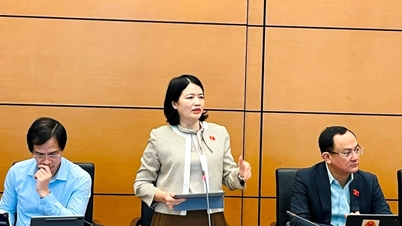

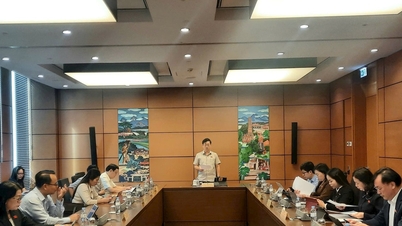

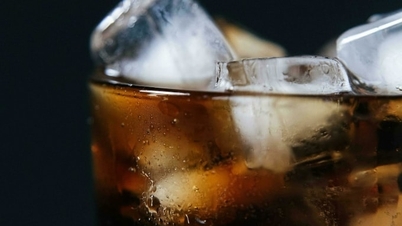
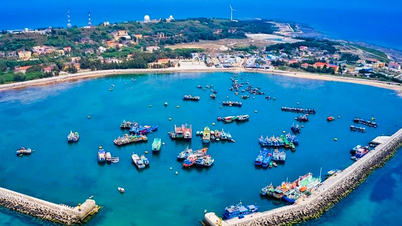


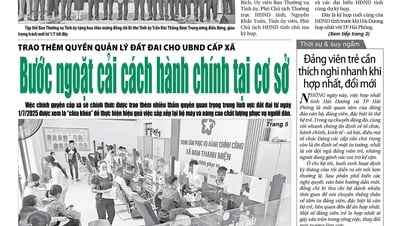








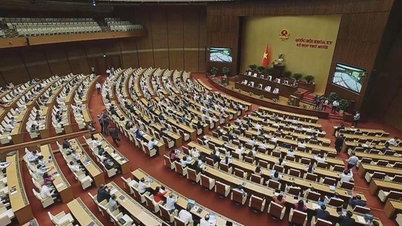




![[Photo] Draft documents of the 14th Party Congress reach people at the Commune Cultural Post Offices](https://vphoto.vietnam.vn/thumb/1200x675/vietnam/resource/IMAGE/2025/10/28/1761642182616_du-thao-tai-tinh-hung-yen-4070-5235-jpg.webp)


















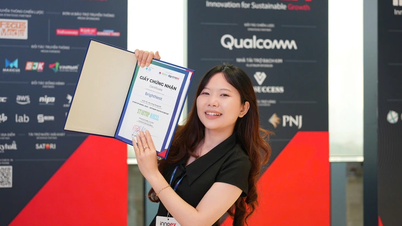














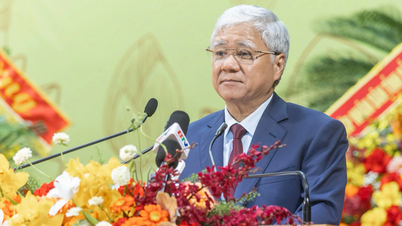
![[Infographic] Vietnam's socio-economic situation in 5 years 2021-2025: Impressive numbers](https://vphoto.vietnam.vn/thumb/402x226/vietnam/resource/IMAGE/2025/10/29/1761730747150_anh-man-hinh-2025-10-29-luc-16-38-55.png)

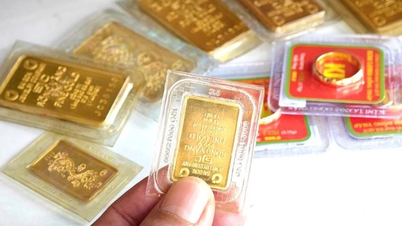
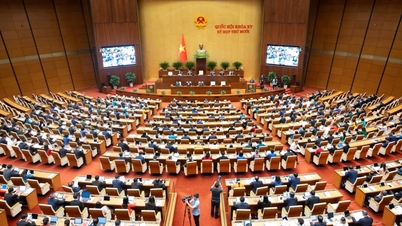





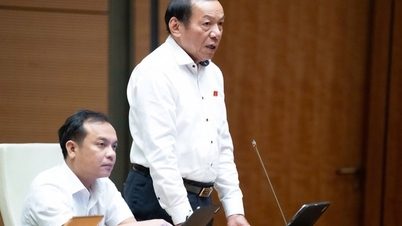
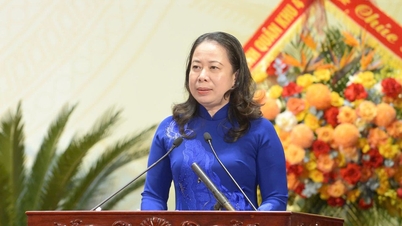

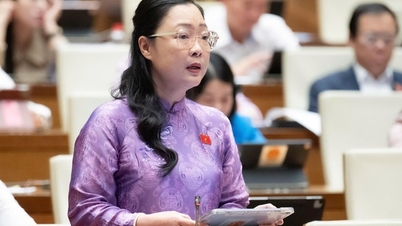
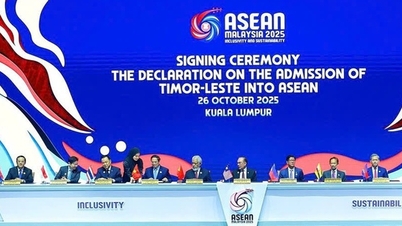
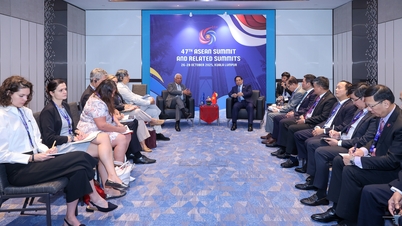

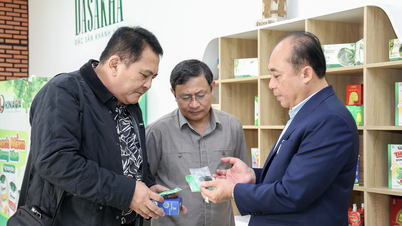

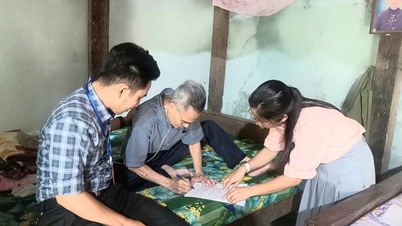

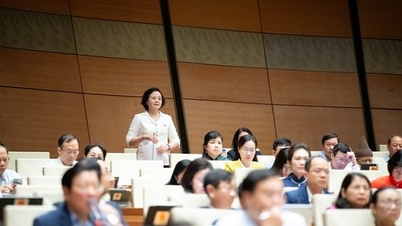






















Comment (0)